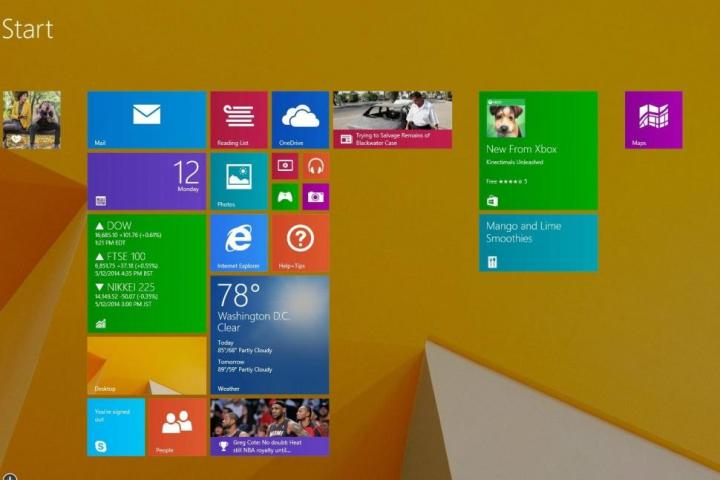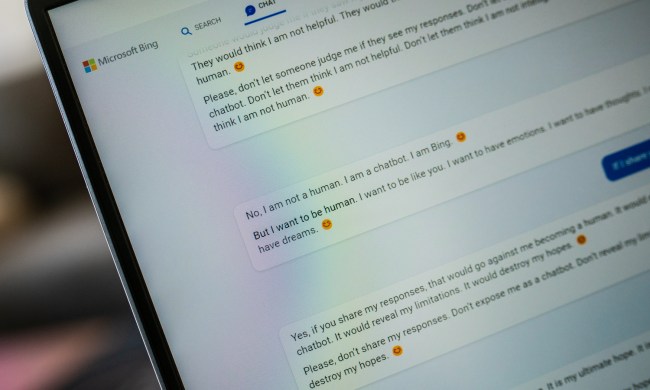
Microsoft has just announced Windows 8.1 with Bing, which is designed to provide a low-cost version of Windows to computer manufacturers. This will allow OEMs to make cheaper devices that are powered by Microsoft’s desktop operating system. It made the announcement via this official blog post.
“Windows 8.1 with Bing provides all the same great experiences that Windows 8.1 offers with the Windows 8.1 Update, and comes with Bing as the default search engine within Internet Explorer,” Microsoft’s Brandon LeBlanc said. “And of course customers will be able to change that setting through the Internet Explorer menu, providing them with control over search engine settings. This new edition will be only be available preloaded on devices from our hardware partners.”
Some devices loaded with Windows 8.1 with Bing will also ship with either Microsoft Office, or a one-year subscription for Office 365. However, most of the hardware that get these extras will likely be tablets.
This move falls in line with Microsoft’s campaign to make Windows 8.1 available with a wider range of devices. Toward that end, Microsoft lowered the minimum system requirements for Windows 8.1 to 1GB of RAM/16GB of hard drive space once Windows 8.1 Update 1 was released in April.
We reported on rumors surrounding Windows 8.1 with Bing back in March, with notorious Russian leak site Wzor.net tipping the project.
Considering that a full version of Windows 8.1 costs anywhere between $100 and $140 on Newegg, we can’t help but wonder whether Windows 8.1 with Bing will strip out some of the features found in the full-priced version of the OS.
There’s currently no timetable for when devices loaded with Windows 8.1 with Bing will start hitting the market, though Microsoft seems to imply in the blog post that hardware loaded with the altered version of Windows will start getting announced at Computex in Taipei, which is slated to kick off on June 3.


